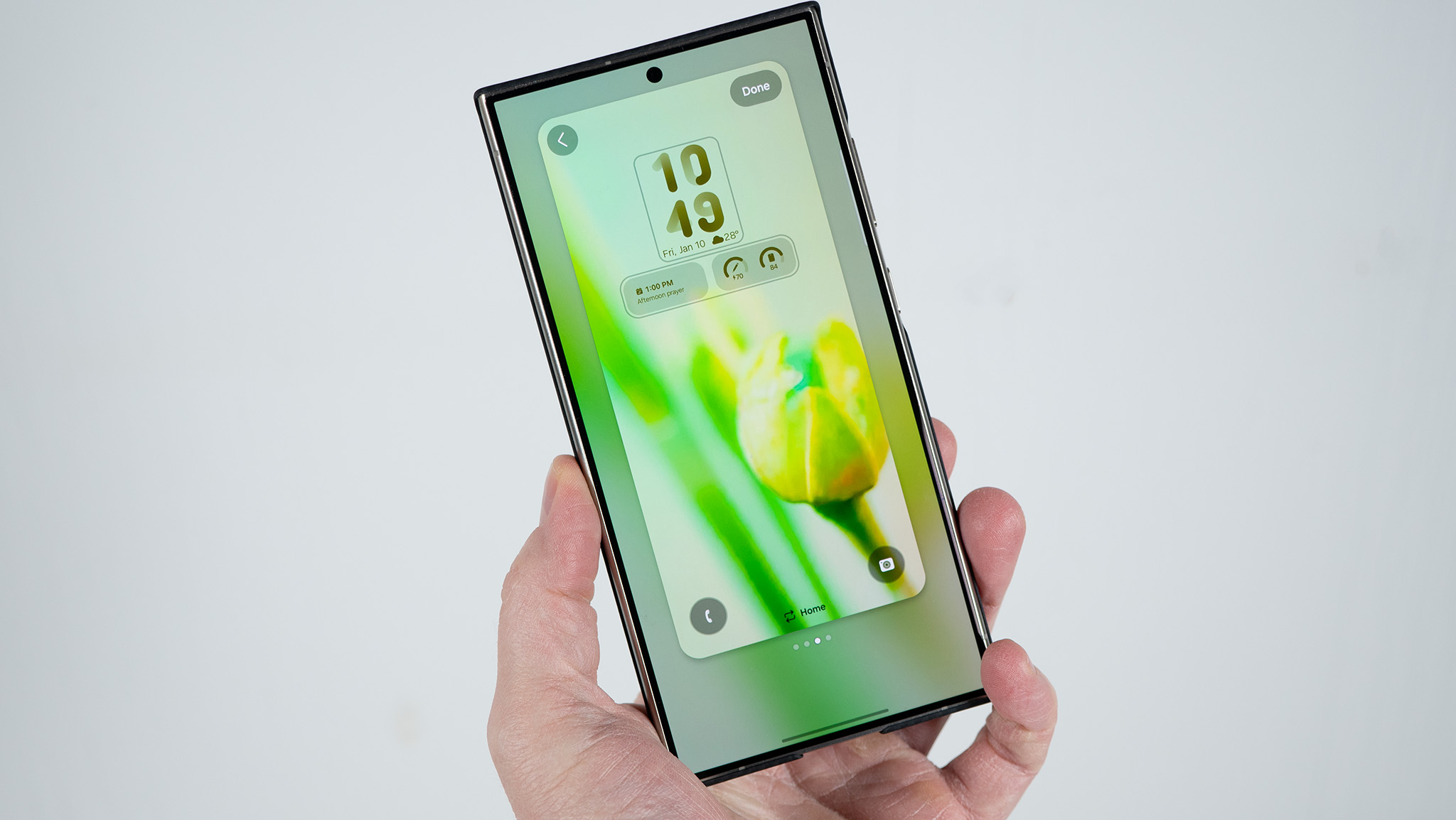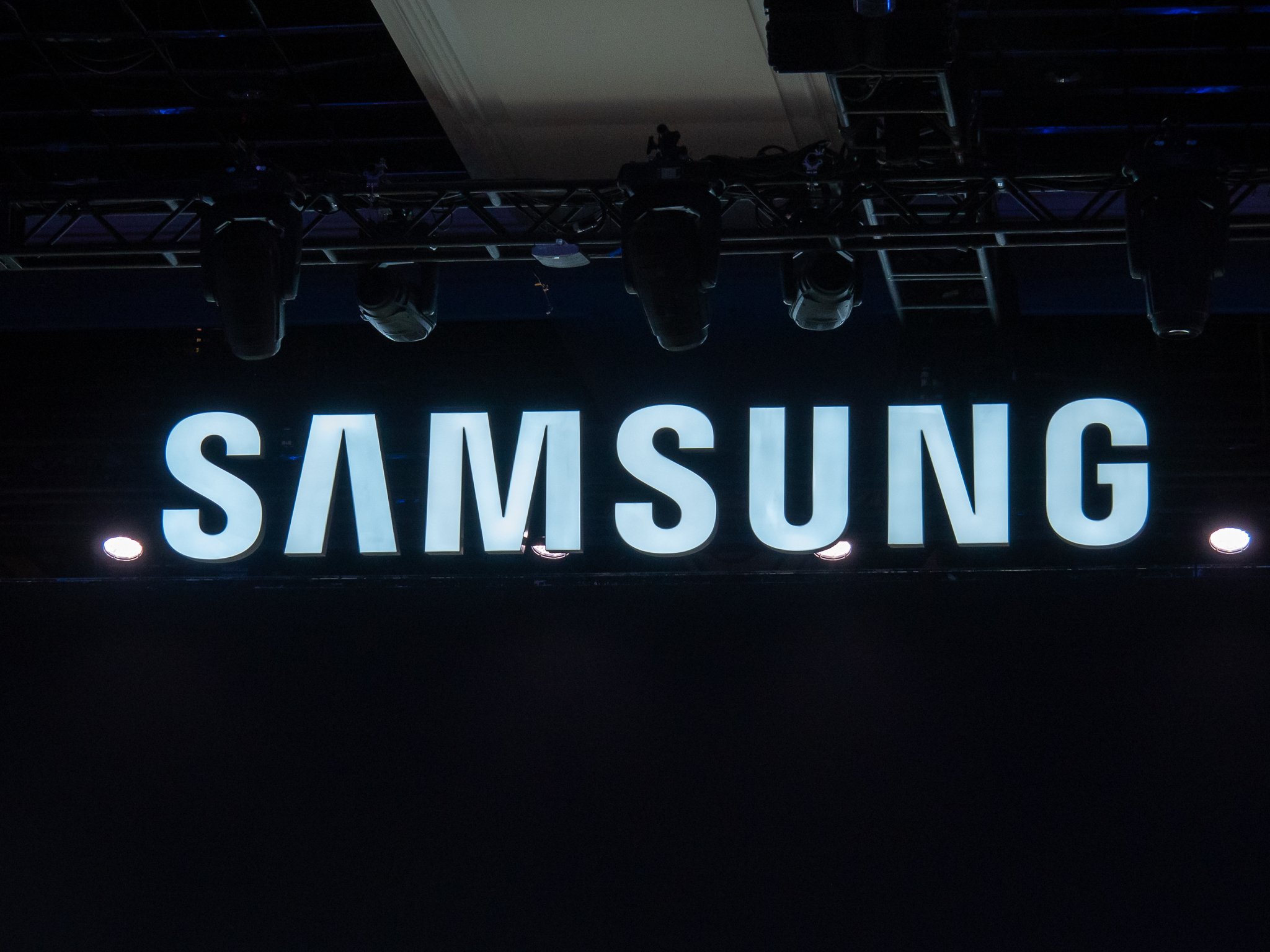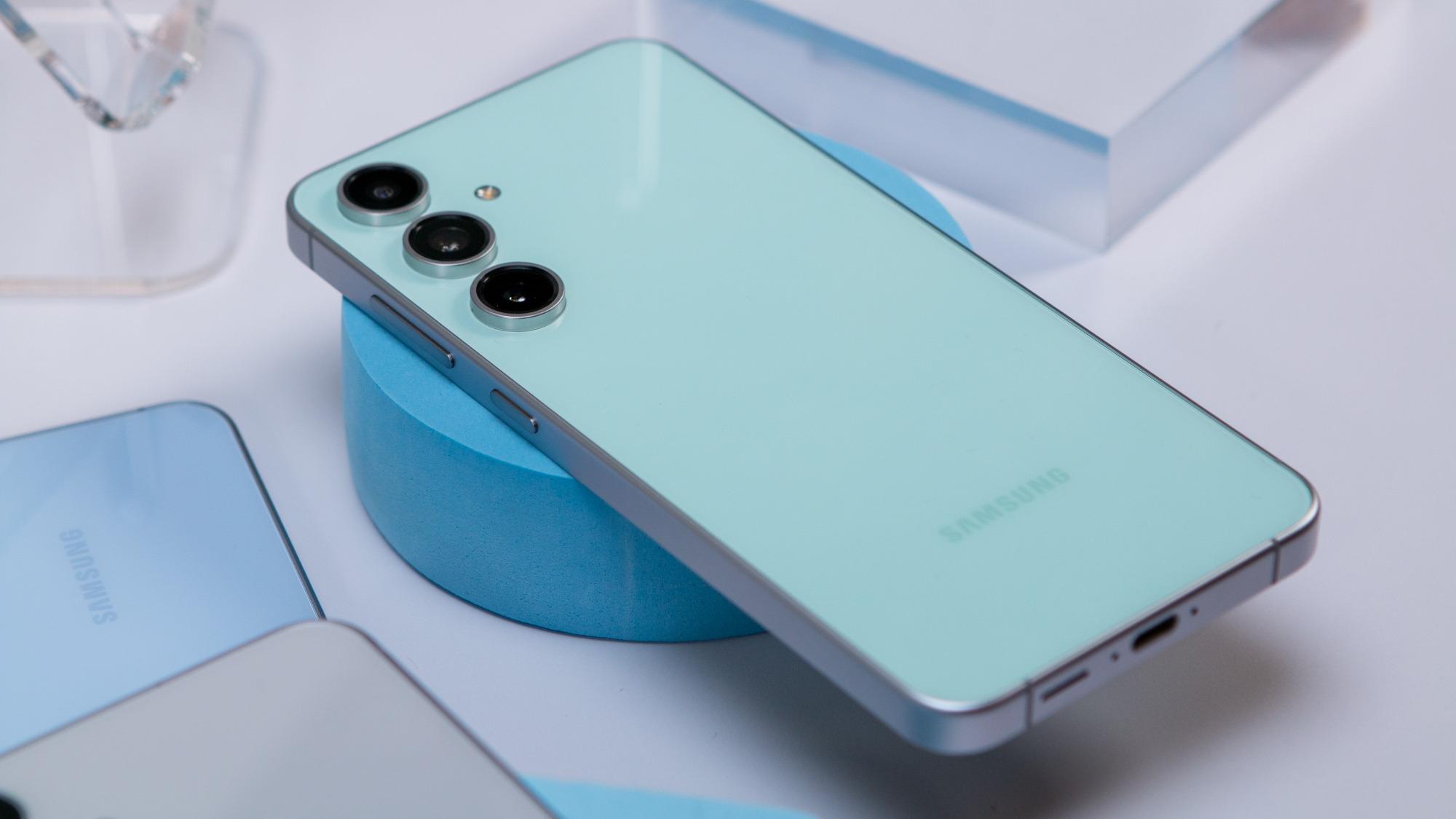Samsung joins in, sues the Indian government over its e-waste pricing policy
Some believe the new "floor pricing" wouldn't actually solve the real problem.

What you need to know
- Samsung and LG have joined the bandwagon in suing/arguing India's new "floor pricing" policy for companies looking to recycle e-waste.
- Court documents show India wants to introduce a "minimum payment" of 22 rupees (~25 cents U.S.) per kilogram.
- Samsung states this change would be roughly "5-15 times the price currently paid."
Samsung is reportedly drawing attention to a policy change overseas regarding a wide range of e-waste.
Specifically, Reuters states Samsung is joined by LG are suing/arguing India's newly refined pricing policy behind big companies attempting to recycle their technology (via SamMobile). India is reportedly demanding "higher payouts" for companies looking to take care of e-waste responsibly.
For India's reasoning, the publication cites a statement from its court filings (not public), which says, "only 43% of the country's e-waste last year was recycled and at least 80% of the sector comprises informal scrap dealers." To rectify this, New Delhi proposes a "minimum payment" of 22 rupees (~25 cents U.S.) per kilogram to recycle consumer appliance waste.
This is what the country is calling a "fixed floor payment;" however, tech companies like Samsung and LG argue that this will benefit the recyclers more than solving the true issue.
While Samsung reportedly stated the proposed pricing plan was "5-15 times the price currently paid," others suggest India's pricing change could "triple" expenses for recycling e-waste. Meanwhile, the publication cites an LG statement that says "fleecing companies and taxing them" won't help India achieve its goal.
A Focus on E-Waste

E-waste is a hot topic for companies in places all over the world, especially where the market is huge. Take the EU, for example, which mandated that all smartphone batteries should be removable/replaceable by the consumer by 2027. The European Council adopted a new rule across the region in mid-2023, stating OEMs must shift toward this new mentality to improve the amount of battery waste.
The region also ruled that producers should seek to collect 63% of portable battery waste by 2027. Moreover, the collection of lithium portable battery waste should hit 80% by 2031.
Be an expert in 5 minutes
Get the latest news from Android Central, your trusted companion in the world of Android
Of course, consumers can do their part to recycle their old devices or ones that may have broken. More often than not, folks in the U.S. can take their rundown devices to stores like Best Buy or Home Depot and have them recycle the items appropriately. It's worth noting that not everyone will have the same options available, so you might have to do a little research.
A rule of thumb would be to ask any place that sells devices about potential recycling spots.

Nickolas is always excited about tech and getting his hands on it. Writing for him can vary from delivering the latest tech story to scribbling in his journal. When Nickolas isn't hitting a story, he's often grinding away at a game or chilling with a book in his hand.
You must confirm your public display name before commenting
Please logout and then login again, you will then be prompted to enter your display name.
